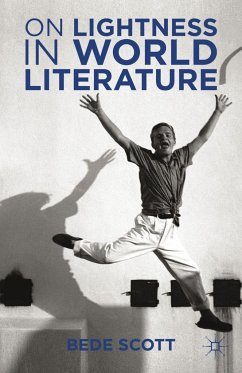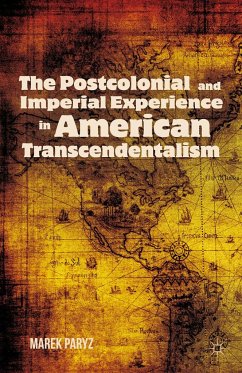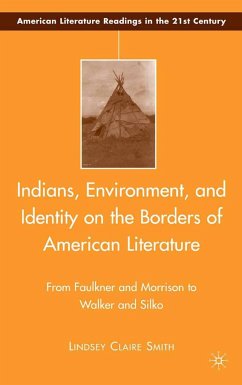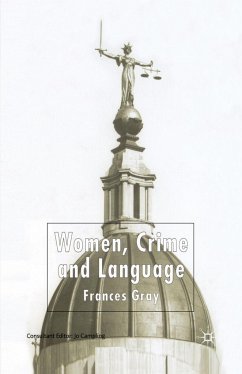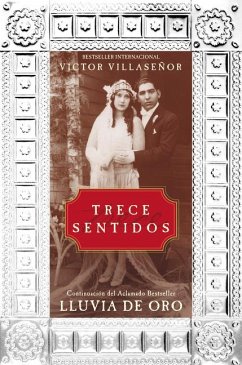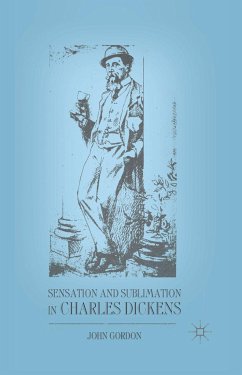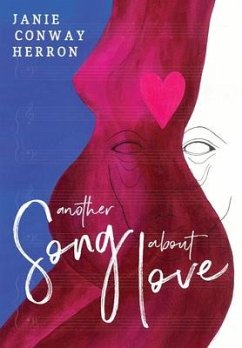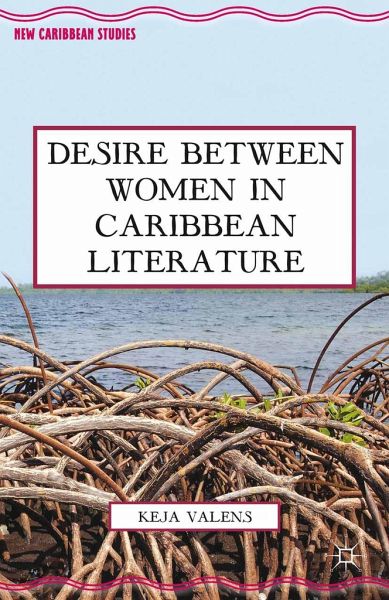
K. Valens
Broschiertes Buch
Desire Between Women in Caribbean Literature
Versandkostenfrei!
Versandfertig in über 4 Wochen
Weitere Ausgaben:

PAYBACK Punkte
26 °P sammeln!





Relations between women - like the branches and roots of the mangrove - twist around, across, and within others as they pervade Caribbean letters. Desire between Women in Caribbean Literature elucidates the place of desire between women in Caribbean letters, compelling readers to rethink how to read the structures and practices of sexuality.
Keja Valens is Associate Professor of English at Salem State University, USA.
Produktdetails
- Verlag: Palgrave MacMillan Us / Palgrave Macmillan
- 2013 edition
- Seitenzahl: 214
- Erscheinungstermin: 18. Dezember 2015
- Englisch
- Abmessung: 216mm x 140mm x 12mm
- Gewicht: 263g
- ISBN-13: 9781349464708
- ISBN-10: 1349464708
- Artikelnr.: 45082995
Herstellerkennzeichnung
Libri GmbH
Europaallee 1
36244 Bad Hersfeld
gpsr@libri.de
"Desire Between Women in Caribbean Literature ranges effortlessly and impressively across Francophone, Hispanic, and Anglophone Caribbean literary worlds in order to reveal a much more inclusive model of sexual relations and desires between women than is commonly anticipated or discussed. Valens's comparative methodology and her emphasis on plural and plastic sexual behaviours work together to narrate a regional female erotic culture through literature that makes an insightful contribution to Caribbean sexuality studies." - Alison Donnell, Professor of Modern Literatures in English, University of Reading, UK, and author of Twentieth Century Caribbean Literature: Critical Moments in Anglophone Literary History "Desire Between Women in Caribbean Literature counters the marginalization and invisibility of women's intimacies without dissolving their opacity. Focusing on the 'mangled' quality of these relations, Valens sees complexity and darkness as integral to an erotics of survival. At once an ambitious work of literary history and a major intervention in gender and sexuality studies, Desire Between Women recasts relations of secrecy and knowledge through careful attention to the sensuous particularity of language, bodies, and place." - Heather Love, R. Jean Brownlee Term Associate Professor, University of Pennsylvania, USA
"Valens's engrossing, convincing, and eminently readable study repositions the Caribbean literary texts she analyses in new, uncharted directions. As she explores both traditional and innovative territory for women's desires, relationships, and positions, she forges new ground beyond heteronormative discourses and readings, allowing for anyone interested in gender studies, the Caribbean, and postcolonialism to gain new perspectives and engaging insights into these texts." (Mary McCullough, Studies in 20th & 21st Century Literature, newprairiepress.org, Vol. 41 (2), 2017)
Für dieses Produkt wurde noch keine Bewertung abgegeben. Wir würden uns sehr freuen, wenn du die erste Bewertung schreibst!
Eine Bewertung schreiben
Eine Bewertung schreiben
Andere Kunden interessierten sich für



